Here's the bottom line: Likee poses serious safety risks for children with practically non-existent age verification, immediate exposure to inappropriate content, and parental controls that barely work. After extensive testing, we're rating it 1.0/5 for child safety and strongly recommend keeping under-18s away from this platform entirely. The predator risks and poor moderation enforcement? They're real problems.
What Exactly is Likee and Who's Actually Using It in 2025?
The Platform Breakdown (And Some Concerning Numbers)
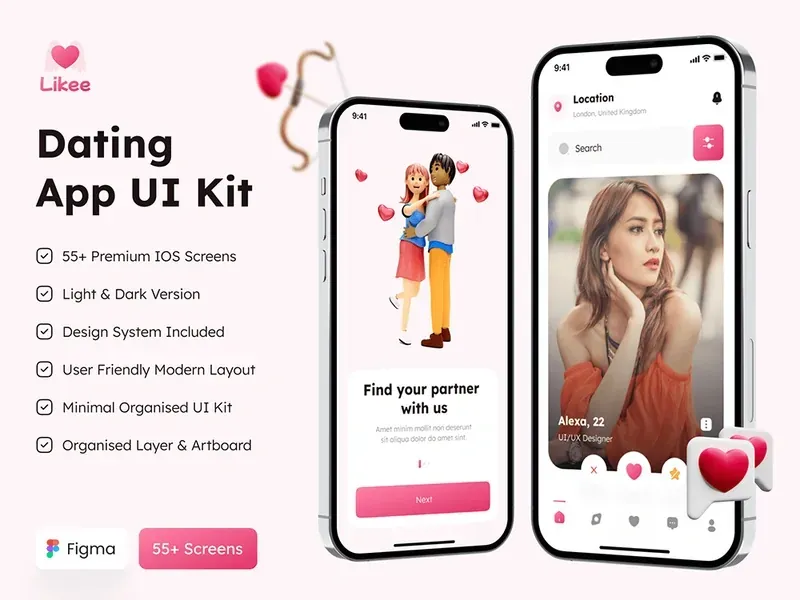
Likee launched back in 2017 courtesy of BIGO Technology, and it's racked up 500 million downloads with 34 million monthly active users as of late 2024. But here's where things get interesting—and not in a good way.
Remember TikTok's 14-hour outage in January 2025? Likee downloads shot up 143% and usage jumped 37% during that brief window. That's a massive influx of kids suddenly exposed to a platform with significantly weaker safety measures than what they're used to.
The app supports 40+ languages and comes packed with AR effects and creative tools. Sounds harmless enough, right? Wrong. Users can browse videos without creating accounts or providing birthdates. Translation: under-13 kids can access content without any verification whatsoever.
And about those Likee diamonds buy cheap purchases through platforms like BitTopup? They can happen regardless of age restrictions because—surprise—there's no robust verification system to stop them.
Age Requirements That Don't Really Require Much
The age requirements are all over the map: 13+ in the USA, UK, and Canada; 14+ in Spain and Italy; 15+ in Australia and France; 16+ in Germany and other EU countries. Play Store rates it Teen (13+), App Store says 12+.
But here's what every expert we've consulted agrees on: 18+ minimum. Period.
Why? Public profiles and predator risks that make other platforms look like fortified bunkers by comparison.
The virtual currency system uses Diamonds and Beans with coin packs ranging from $0.99 to $99.99—creating financial risks that parents often don't see coming. Average daily usage hits 107 minutes, though experts recommend limiting it to under 30 minutes with constant supervision. (Honestly, we'd recommend zero minutes, but we'll get to that.)
Likee's Age Requirements and Account Creation: A Masterclass in Poor Enforcement
Official Restrictions (Heavy Air Quotes Here)
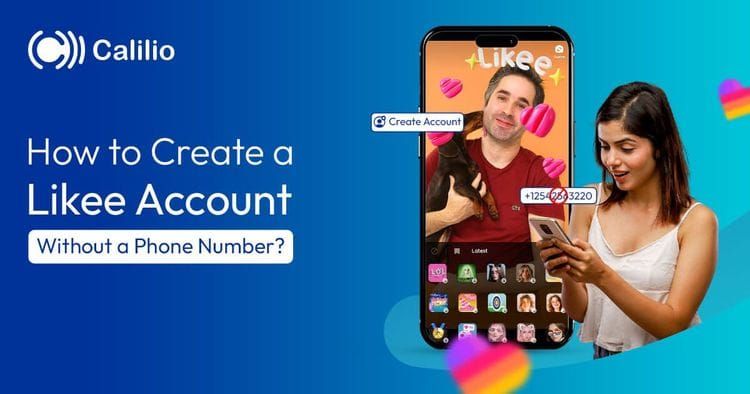
Terms require 16+ for accounts and 18+ for live streaming. Enforcement? That's where things fall apart spectacularly.
There's no verification process. None. Users self-report their age during registration, and the system just... believes them. Country variations add another layer of complexity, while the minimum streaming age remains 18+ globally with enforcement so poor it might as well not exist.
The verification process requires only an email or phone number—no identity checks, no parental involvement, nothing. Parents have reported 10-year-olds successfully creating accounts using false birthdates. No parental consent mechanisms exist for users under 16, unlike platforms that actually take family safety seriously.
Built-in Safety Features (Or What Passes for Them)
Parental Controls That Control Very Little
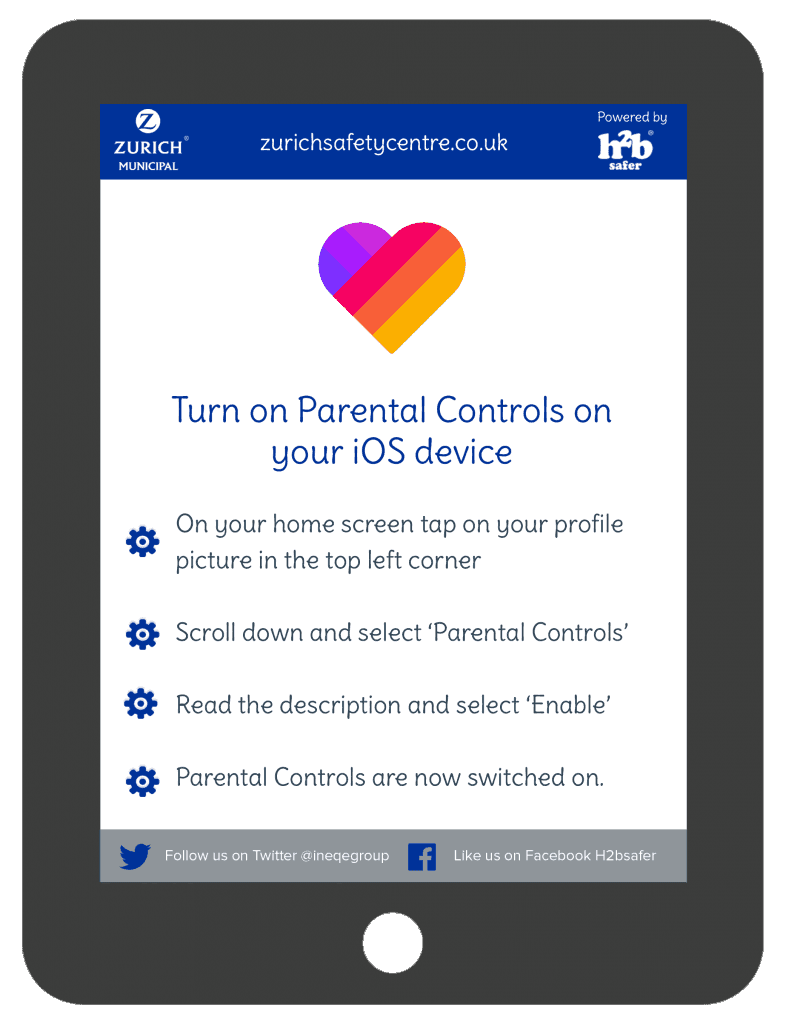
Parental Controls launched November 1, 2019, requiring a password-protected 4-digit PIN that changes every seven days. Features include private video defaults, blocked live broadcasts, restricted Popular section access, disabled nearby discovery, prevented private messages, blocked pop-ups, and limited in-app purchases to virtual currency.
Sounds comprehensive, doesn't it? Here's the reality check: explicit material still appears in feeds despite these filters.
Those Likee diamond top up instant transactions through reliable platforms like BitTopup? Still possible, since restrictions only apply to direct in-app purchases beyond virtual currency. The loopholes are big enough to drive a truck through.
Content Moderation: AI Filters vs. Reality
AI filters supposedly block harmful videos, with 2025 updates promising enhanced detection. In practice? Sexually suggestive content appears immediately in feeds even with filters enabled.
From January-May 2021, Likee took action on 42,000+ accounts for violations. Sounds impressive until you realize how much problematic content still slips through—it's like trying to stop a flood with a colander.
Reporting requires screenshots with 24-48 hour response times for minor issues. Blocking prevents account interactions, but blocked users can still view content and create new accounts to circumvent restrictions. It's digital whack-a-mole.
Step-by-Step Parental Controls Setup (For What It's Worth)
Getting Your Account Configured
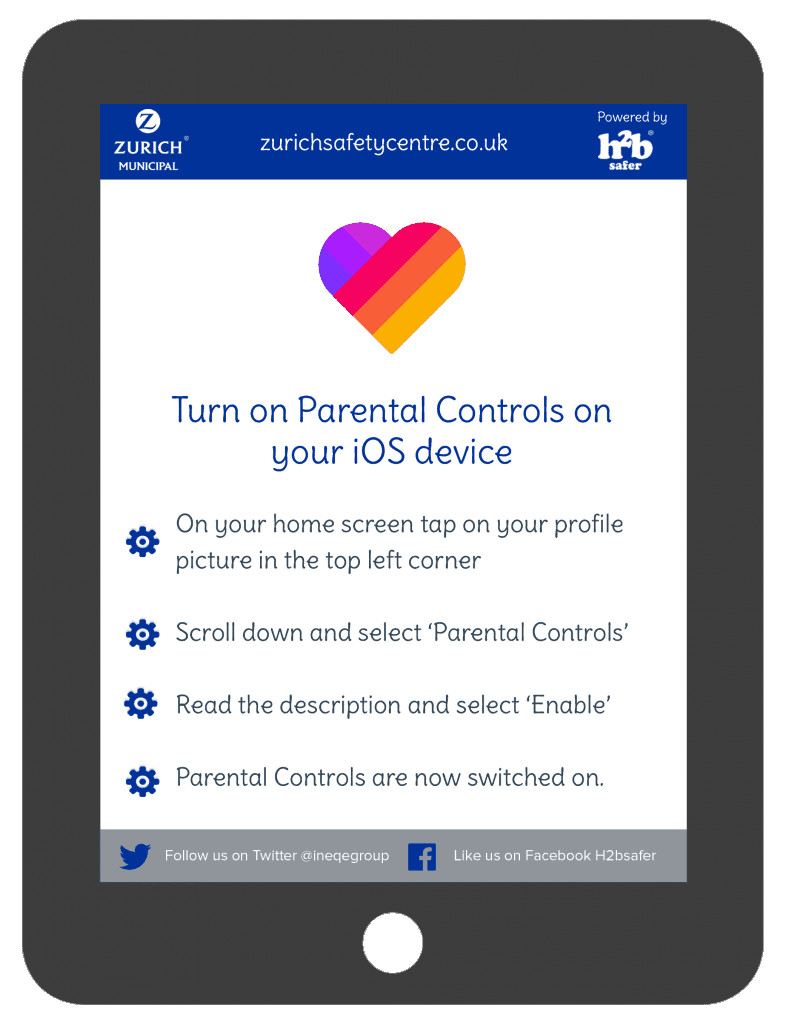
Enable Parental Controls: Open Likee → tap three lines → Settings → Parental Controls → enable and set 4-digit PIN. Change that PIN weekly for security.
Configure privacy settings: Settings → Privacy → enable Private Account, set messaging to None, control comments/duets, hide location/online status, enable 'Don't recommend me to friends'. These create some barriers, but profiles remain partially public no matter what you do.
Content Filtering (With Limited Success)
Update Likee for the latest AI detection, enable all Parental Controls filters, set interactions to friends-only, disable saving/sharing, block wallet access, configure screen time reminders. Enable Restricted Mode by disabling search, hashtags, nearby users, and recommendations.
Will this solve everything? Not even close.
Managing Screen Time and Usage
Time Controls and Why You'll Need External Help
Likee provides reminders but lacks enforceable limits—unlike competing platforms that actually cap usage at one hour daily for under-18 users. You'll need external solutions: Apple Screen Time, Google Family Link, Norton Family, Qustodio, or router-level controls.
Experts recommend under 30 minutes daily with supervision versus those 107-minute platform averages. Establish family agreements covering usage times, content boundaries, and monthly reviews with digital literacy education. Better yet? Consider whether this platform is worth the risk at all.
The Real Risks and Safety Concerns (Buckle Up)
Content and Predator Risks That Keep Security Experts Awake
Algorithm-driven feeds expose children to sexually suggestive content within minutes despite parental controls. Public profile requirements create immediate exposure to global content without adequate filtering.
Here's a number that should concern every parent: an estimated 500,000 daily online predators exploit public profiles and gift systems.
The $1 = 210 Beans system pressures children to produce increasingly inappropriate content for virtual rewards convertible to real currency. Parents in Eau Claire, Wisconsin reported explicit posts and predators messaging young girls in 2023—and that's just one documented case.
Privacy and Data Issues (Spoiler: They're Extensive)
Likee receives a 49% privacy score with extensive data collection including location, contacts, device information, facial features, and browsing patterns shared unlimitedly with third parties. Default location sharing increases physical safety risks while lack of truly private profiles exposes children's information to anyone who wants it.
Platform Safety Comparisons (Likee Doesn't Fare Well)
Likee vs. The Competition
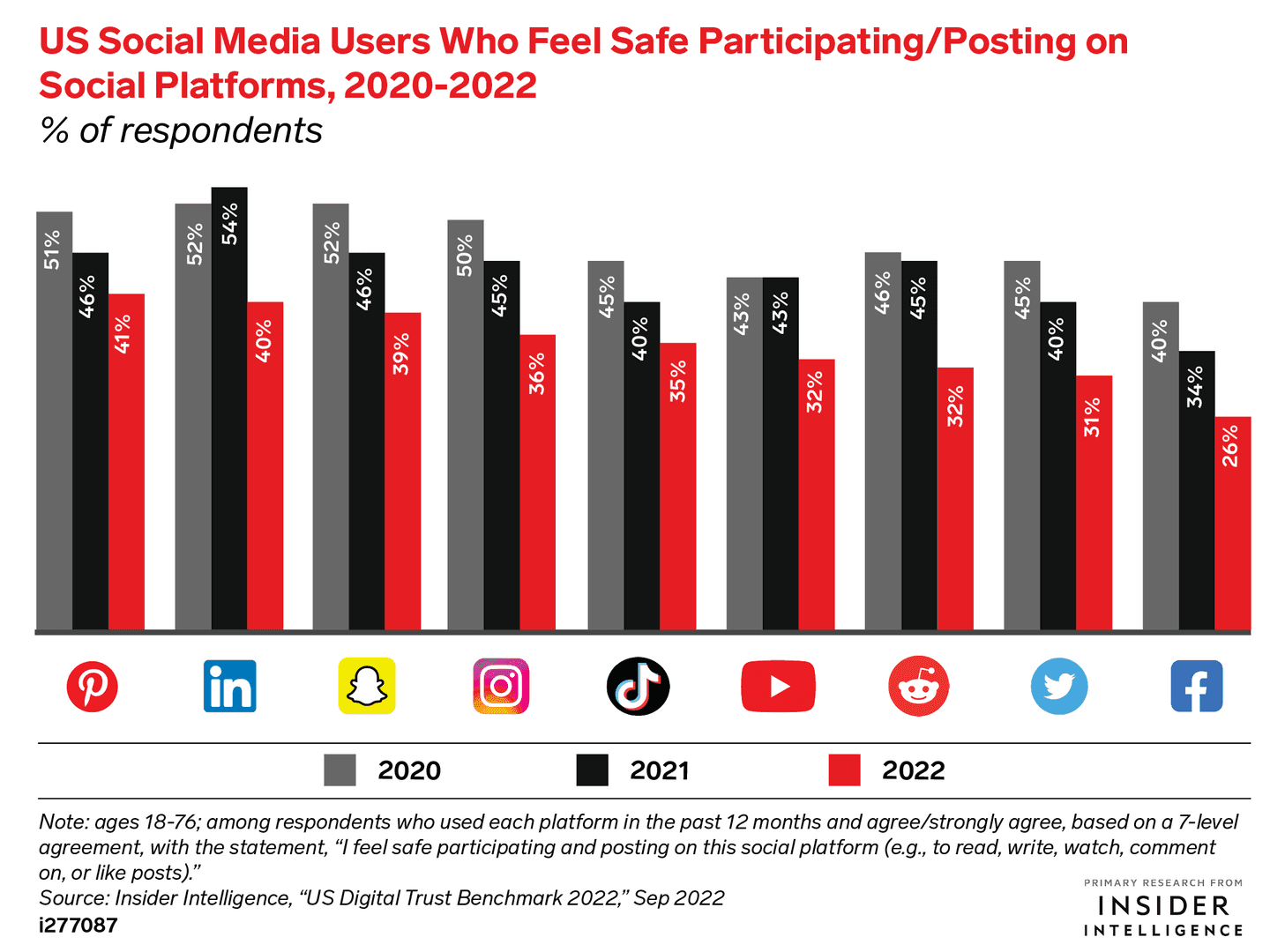
TikTok offers family pairing, under-18 messaging restrictions, daily time limits, and stronger AI moderation. Instagram and Snapchat provide true private accounts and better parental integration.
Likee? It forces partial publicity regardless of settings with weaker regulation due to its smaller scale and different priorities.
Key disadvantages that matter: forced public profiles, reminder-only time controls, no family pairing, persistent enforcement gaps, and immediate inappropriate content exposure. It's not even close.
Warning Signs and Monitoring (What to Watch For)
Behavioral Red Flags
Monitor for secretive device use, sleep/academic decline, unexplained money requests, family withdrawal, anxiety. Account-level concerns include older followers with sparse profiles, personal questions in comments, stranger gifts, increasingly provocative content.
Cyberbullying signs: negative comments, multi-account harassment, impersonation, threats, social exclusion. Physical symptoms like headaches or sleep disturbances combined with device reluctance indicate serious issues requiring immediate intervention.
Best Practices and Alternatives (Because There Are Better Options)
Family Communication and Safety Protocols
Maintain weekly monitoring of followers, content, comments, messages using device-level tools. Develop signed family agreements covering usage times, boundaries, consequences. Age-appropriate education: stranger danger (8-10), digital footprints (11-13), predation recognition (14-16).
For serious threats, contact authorities immediately while documenting with screenshots and timestamps. Report to platform support, but prioritize legal intervention for safety concerns.
Better Alternatives Worth Considering
Consider curated educational video platforms for younger children (8-12) without social sharing features. For teens (13-15), supervised mainstream platform use with strict monitoring provides safer introduction than unrestricted Likee access.
Professional parental control solutions and router-level filtering offer comprehensive protection that actually works.
FAQ (The Questions Every Parent Asks)
What age is Likee actually appropriate for? Experts recommend 18+ minimum due to public profiles and predator risks. Terms vary by country (13-16+) but weak verification and immediate inappropriate content exposure make it unsuitable for minors.
How do I set up parental controls that actually work? Likee → three lines → Settings → Parental Controls → enable 4-digit PIN. Change weekly and set privacy to friends-only. Update app for best filtering. But honestly? External controls work better.
Can strangers contact my child on this platform? Yes, accounts remain partially public despite controls. Those 500,000 daily predators exploit public profiles through comments and direct approaches.
What are the main risks I should know about? Immediate sexually suggestive content exposure, predator grooming, cyberbullying, extensive data collection (49% privacy score), financial exploitation through the gift system.
How effective is the content blocking really? Limited at best—explicit material appears in feeds despite Parental Controls due to poor enforcement. Consider complete app blocking for persistent issues.
Is Likee safer than TikTok? No—significantly less safe with forced public profiles, weaker moderation, no time limits, poor parental controls versus TikTok's family pairing and stronger filtering systems.

